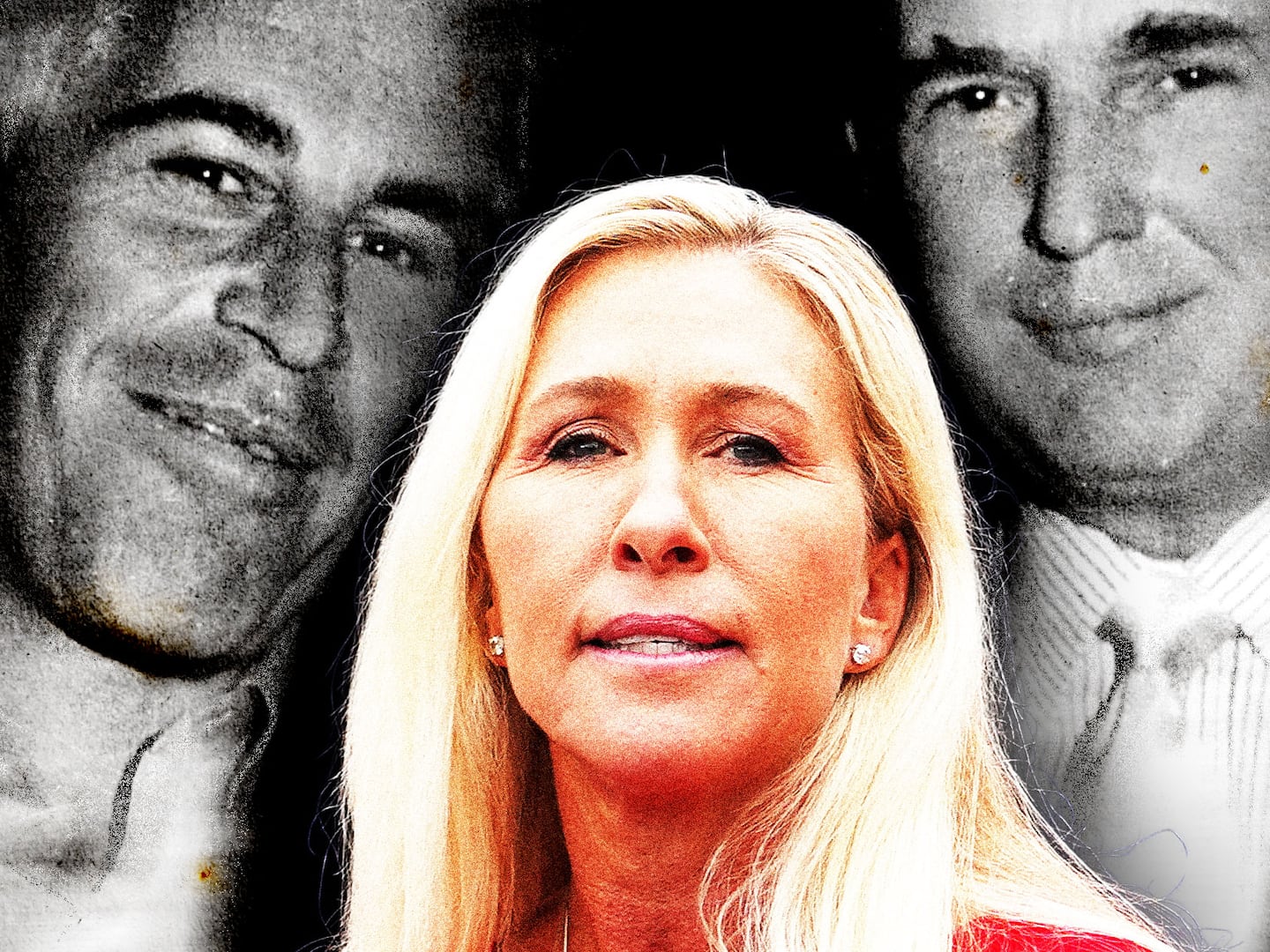Dinner was chicken and dumplings at Brown University and, at 5:54 p.m. on a Tuesday in May, the dining hall was silent. Nearly every student had their head buried deep into the latest TikTok tutorial on their feed or the most recent Twitter update on the status of Kim Kardashian and Pete Davidson’s then-relationship (simpler times!). But at 5:55 p.m., the cafeteria came alive. It was time to be real.
BeReal is a social media app that asks users to post one completely unfiltered, authentic photo of themselves that is prompted by a pop-up notification at a randomly generated time each day. Users have two minutes to show their mutuals what they are doing, where they are, and what they look like in that very moment—completely free from any form of curation.
Except, that’s not quite how it works out.
On that evening at the Brown University dining hall, BeReal notifications surged through people’s phones. Students moved across tables to position themselves in front of their friends, pulling out pocket-sized mascara wands and a series of books and journals to use as props for their picture-perfect BeReal pose. The allotted two minutes passed, and everyone returned to their original seats as the great silence—aside from the sounds of texting and typing—consumed the room once more.
Although this may sound like an excerpt from a Black Mirror script, this scene is far from an isolated phenomenon. It is the result of what Oliver Haimson, a social media researcher at the University of Michigan, has deemed “the online authenticity paradox,” a ritual cultivated from years of online performance, so far ingrained into the habits of society that even a forceful push into authenticity can’t save us.
“If you ask people if they want to be authentic on social media, most are going to say yes, because authenticity is presented as a standard that we all should be holding ourselves to,” Haimson told The Daily Beast. “But in reality, it’s not actually possible to be completely authentic online. So when you’re confronted with this thing, where you have to post not only a selfie, but also your surroundings, all within the next two minutes. People are confronted with the realization that they don’t actually want to be authentic all the time.”
Authenticity, he said, is often perceived as a vulnerability. So in a world where social media has become main stage for behavior, having to be authentic can invoke a real sense of terror for people.
“What if when that BeReal notification goes off, you’re upset?” said Hamison. “What if you are eating a messy meal, or something that you don't want everyone in your network to see? With all sorts of factors like that, people start to realize that they do still want to have that curated identity.” The stakes are far too high to be truly authentic and document the not-so-pretty moments of one’s life.
Hayley Graves, freshman at the University of North Texas and longtime BeReal user, agrees. “Any time when you’re posting on the internet for other people to view, you are performing,” she told The Daily Beast. “You are posting what you are posting for a reason, and it’s usually because you have a target audience in mind, or a certain online persona you’re trying to project. I think that apps like these are nice in theory, but they just don’t work. Our society is far too hyper-fixated on themselves.”
This is especially true for young people who have grown up with social media their whole lives, and are especially susceptible to its effects. Andrew Selepak, a social media researcher at the University of Florida, calls this experience a form of “techno narcissism,” which has conditioned users into projecting a highlight reel that calls attention only to the best and most interesting parts of themselves. As long as that persists, attempts to move toward online authenticity will be null.
“It’s hard to get society, particularly people who have grown up consumed by social media cultivation their whole lives, to stop the projection of this false reality and convince them to post pictures of themselves with bedhead, or watching Netflix, or not dressed to the nines, even though it’s likely their reality 99% of the time,” said Selepak.
Mason Mead, sophomore at Brown University, ran into this dilemma after trying to use the app Poparazzi, a BeReal competitor that has users upload candid, uncurated photos directly to the profiles of other users. One night, while Mead was out with a friend, he took a unposed photo of her to upload to her Poparazzi profile—as the app instructs—and was met with complaints from the user about the way she looked, followed by demands to remove the photo from the profile that she had willingly set up for that very purpose.
“It’s so bizarre that things have gotten to the point where being real on the internet has become a genuine fear of so many people my age,” Mead said. “Why even participate in these trends favoring authenticity if you’re going to do the exact opposite and try to pass it off as realness?”
According to Isra Ali, a media scholar at New York University, the answer to that question is simple: the iron grasp of the attention economy on society.
“What we see with these apps designed to encourage authenticity online is the revenue model of the attention economy and the chase for social capital that requires performance,” she said. What she means is that users are incentivized to upload content that people like and engage with, even if it undermines the original point of the platform.
Selepak thinks the key to remediating this issue and giving social media users a way out of this toxic feedback loop is social media literacy that identifies online falsehood and distortions— starting in primary education and continuing all the way into colleges and universities.
“We need to make sure [people] understand that every time they’re on these apps, they’re getting a false reality from others,” he said. “Awareness is always going to be the first step in finding the ability to make a change.”
And if you can’t change the current online dynamics, you can learn how to adapt to them. Though it may seem as if society has been swallowed whole by the gaze of social media, a slight shift in perspective may help to minimize obsessing over how to be real on the web—and instead simply be.
“If we could just recognize [authenticity] as unrealistic rather than holding it up as something that we all should strive to follow,” said Haimson, “people can grow more comfortable and healthy in their online perception.”








